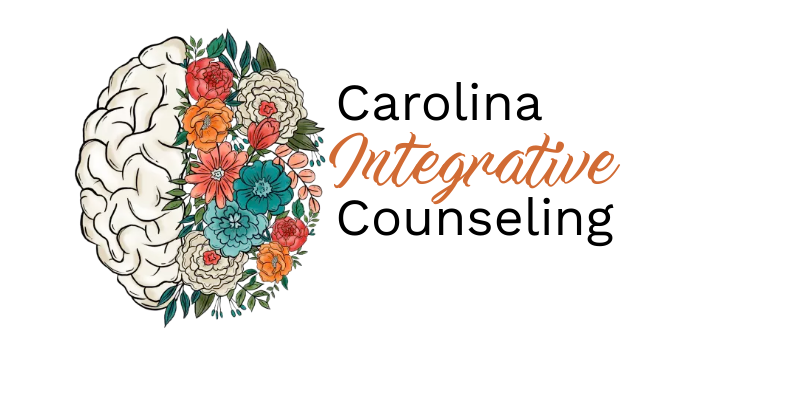The Art of Effective Communication in Relationships
In the intricate dance of relationships, communication serves as the music that guides every step. Effective communication is not just about speaking; it's about listening, understanding, and empathizing. In the realm of mental health and well-being, mastering this art is paramount for nurturing healthy, fulfilling connections. Let's delve into some key aspects of effective communication in relationships:
1. Active Listening
One of the cornerstones of effective communication is active listening. This means giving your full attention to your partner without interrupting or formulating a response before they finish speaking. Practice reflective listening by paraphrasing what your partner said to ensure understanding and show that you value their perspective.
2. Empathy and Validation
Empathy is the ability to understand and share the feelings of another. Validate your partner's emotions by acknowledging their experiences without judgment. This validation fosters trust and openness in the relationship, creating a safe space for both individuals to express themselves authentically.
3. Clear and Assertive Communication
Be clear and specific in your communication, expressing your thoughts and feelings honestly and respectfully. Avoid vague or passive-aggressive language that can lead to misunderstandings or resentment. Practice assertiveness by advocating for your needs while considering your partner's perspective.
4. Nonverbal Communication
Nonverbal cues such as body language, facial expressions, and tone of voice play a significant role in communication. Pay attention to these cues in yourself and your partner to better understand underlying emotions and messages. Ensure your nonverbal signals align with your verbal communication to convey sincerity and trustworthiness.
5. Conflict Resolution
Conflict is inevitable in any relationship, but how it's managed can either strengthen or weaken the bond. Practice active listening, empathy, and assertive communication during conflicts. Focus on finding solutions together rather than placing blame. Use "I" statements to express your feelings without accusing your partner.
6. Cultivating Emotional Intelligence
Emotional intelligence involves recognizing and managing your own emotions as well as understanding others'. Cultivate self-awareness to identify your triggers and communication patterns. Develop empathy and social skills to navigate various emotional landscapes in your relationship effectively.
7. Mindful Communication
Mindfulness in communication entails being present in the moment, free from distractions or preconceived notions. Practice mindful listening and speaking by being aware of your thoughts, emotions, and reactions during interactions. This mindful approach enhances connection and reduces misunderstandings.
8. Continuous Learning and Growth
Effective communication is a skill that requires continuous learning and practice. Attend workshops, read books, or seek counseling to enhance your communication skills and deepen your understanding of relational dynamics. Embrace feedback from your partner as an opportunity for growth and improvement.
In conclusion, effective communication is the cornerstone of healthy, fulfilling relationships. By practicing active listening, empathy, clear communication, and conflict resolution skills, you can nurture a strong emotional bond built on understanding, trust, and mutual respect. Remember that communication is a journey of learning and growth, and each interaction is an opportunity to deepen your connection with your partner.

